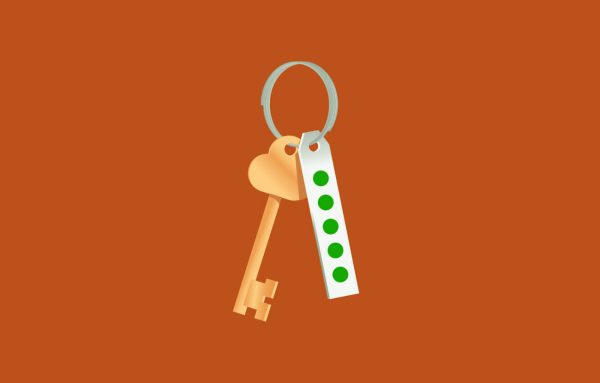
Understanding Cybersecurity
The digital world offers endless possibilities, but it also comes with inherent risks. Cybersecurity threats like malware, phishing attacks, and data breaches are a constant concern. While it might seem complex, taking a proactive approach to cybersecurity can significantly improve your online safety. Let’s break down the basics of cybersecurity and equip you with essential knowledge to navigate the digital landscape with confidence.
Understanding the Threats: Malicious Software and Beyond
1. Malware: This malicious software includes viruses, Trojans, and spyware designed to harm your computer or steal your data.
2. Phishing Attacks: Deceptive emails or messages attempt to trick you into revealing sensitive information like passwords or credit card details.
3. Data Breaches: When attackers gain unauthorized access to a database containing personal information, it’s a data breach.
Building Your Defenses: Essential Cybersecurity Practices
1. Strong Passwords & Multi-Factor Authentication: Use complex passwords for all your online accounts and enable multi-factor authentication (MFA) whenever possible. MFA adds an extra layer of security beyond just your password.
2. Software Updates: Outdated software can contain security vulnerabilities. Keeping your operating system, applications, and web browsers up to date is crucial.
3. Beware of Suspicious Links and Downloads: Don’t click on links or download attachments from unknown senders. Phishing emails often rely on tricking you into clicking malicious links.
4. Antivirus and Anti-Malware Software: Install reputable antivirus and anti-malware software and keep them updated to scan for and protect your system from threats.
5. Backing Up Your Data: Regular backups of your important files ensure you have a copy even if your device is compromised by malware or a system failure.
Beyond the Basics: Additional Security Measures
1. Virtual Private Networks (VPNs): A VPN encrypts your internet traffic, making it more secure when using public Wi-Fi networks.
2. Firewall: A firewall acts as a barrier between your device and the internet, filtering incoming and outgoing traffic for potential threats.
3. Be Wary of Public Wi-Fi: Avoid accessing sensitive information on unsecured public Wi-Fi networks. If necessary, consider using a VPN for added security.
Cybersecurity is an Ongoing Journey
The world of cybersecurity is constantly evolving, with new threats emerging all the time. Staying informed about the latest threats and adopting best practices is essential for maintaining a strong defense. By following these basic steps and staying vigilant, you can significantly reduce your risk of falling victim to cyberattacks and protect your valuable data.
Do you have any questions or personal cybersecurity tips? Have you ever encountered a cyber threat? Share your experiences and advice in the comments below! Let’s learn from each other and build a safer online environment!
Cybersecurity FAQs: Shielding Yourself in the Digital Age
Q: Malware sounds scary! What are some signs my computer might be infected?
A: Slow performance, unusual pop-ups, unexpected program behavior, or unexplained crashes can be signs of malware infection.
Q: Strong passwords are important, but I can’t remember them all! Any tips?
A: Use a password manager! These secure applications store your passwords and can even generate strong, unique passwords for each of your accounts.
Q: Software updates seem like a hassle. Why are they so important for security?
A: Updates often contain security patches that fix vulnerabilities hackers might exploit. Keeping your software up-to-date is essential for maintaining a strong defense.
Q: Phishing emails look real! How can I spot a fake one?
A: Be cautious of generic greetings, misspelled words, urgency tactics, and requests for personal information. Don’t click on links or attachments in suspicious emails.
Q: VPNs sound complicated. Are they worth it?
A: VPNs offer an extra layer of security on public Wi-Fi, but they aren’t a foolproof solution. For everyday browsing, they might not be necessary, but can be useful for added security when handling sensitive information.
Q: I’m overwhelmed! What’s the single most important cybersecurity step I can take?
A! Using strong, unique passwords and enabling multi-factor authentication (MFA) whenever possible significantly improves your online security posture.
Q: Share your cybersecurity wisdom!
A! Whether you’re a seasoned internet user or a tech newbie, share your security tips and experiences in the comments below. Let’s keep each other safe online! Join the discussion and build a stronger digital world together.

Leave a Reply